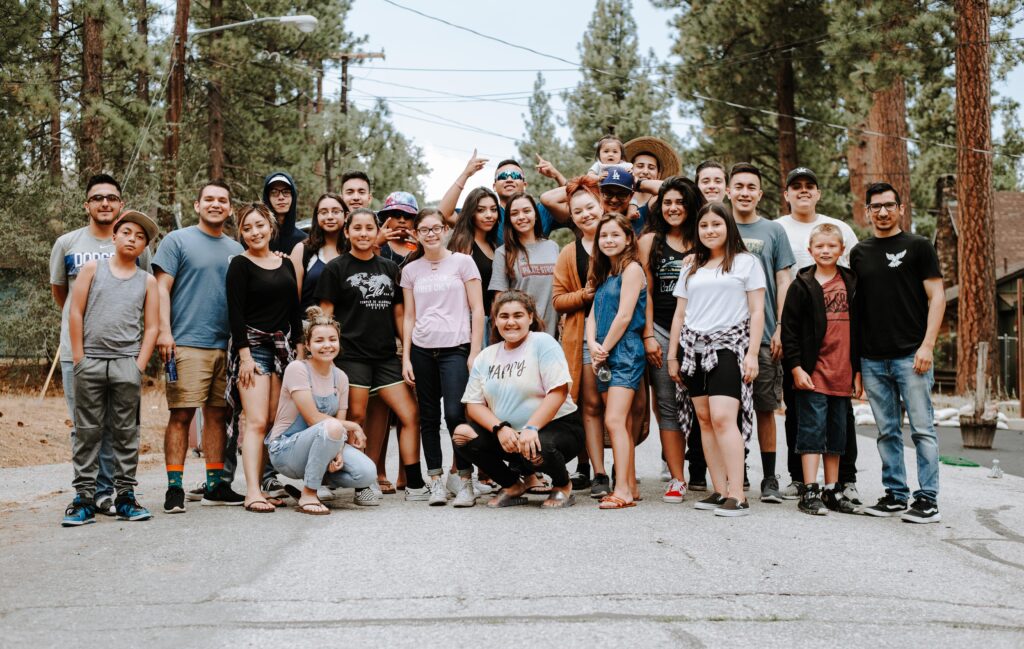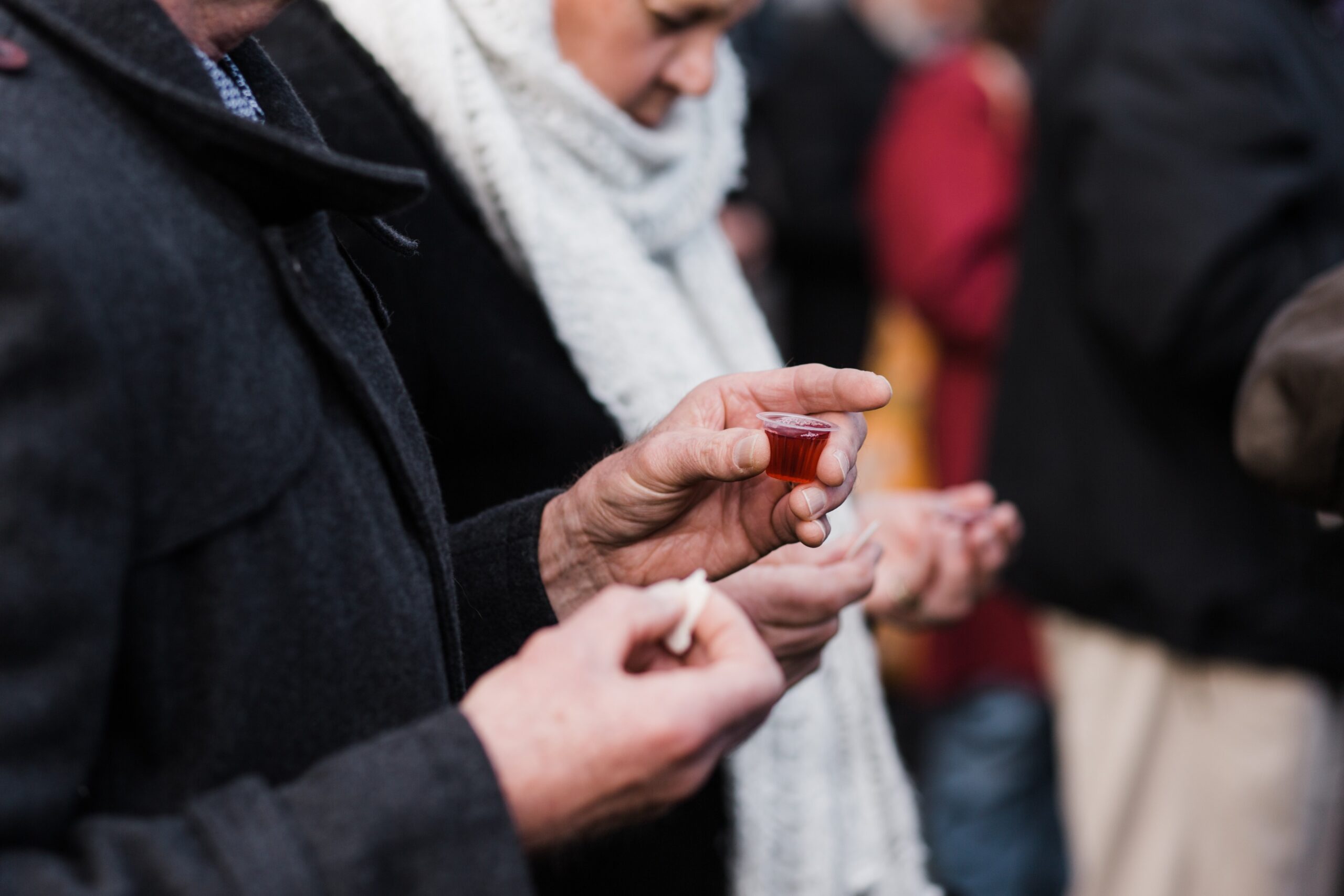Social Media and The Illusion of Community
The ease at which people bring personal issues to social media is alarming. Many of the events in the past few weeks reminded me that we now live in a culture where people believe that their personal conflicts (with spouses, friends, and neighbors) are best resolved by a virtual, faceless, and anonymous community.
In this process, we have seen many marriages degenerate as information that should remain within the confines of the home become “PSAs (public service announcements).” Problems escalate and mere drops of water turn into an ocean.
Beyond conflict resolutions, some people make important life decisions based on the views and opinions of online communities. What I am describing here is not the case of someone seeking professional advice from someone they happen to meet online; rather, they depend on a general audience of individuals in these online communities to help them make crucial decisions.
In this article, I consider how people solved these kinds of issues before the social media age and why it is a superior method to what we have today.
Knowledge, love, respect, wisdom, and community
When I was growing up, people resolved their conflicts by mutually submitting themselves to the authority of people both parties respect.
For example, if the wife had some complaints about her husband, he reports him to his parents, pastor, someone in the local community, or a close friend, vice versa. Extended families were respected and honoured as a source of wisdom for the nuclear family. Church leaders were also respected and trusted for their peace-broking endeavors. Spouses knew each others’ close friends and they were also considered a source of wisdom. In more closely knitted communities, there were respected, elderly community members who helped people resolve their conflicts.
Then, what qualified a person to engage in conflict resolution and peace broking was that they knew and loved the parties involved and they had the wisdom to resolve the situation.
It was always a small and closed circle and, in many cases, the issues that caused the conflict were nipped in the bud, resolved before people outside of the circle could know there was a problem. This was why people kept their marriages for long. The desire to actually resolve the conflict within a small circle of people who knew them and loved them eclipsed the desire for fame, popularity, or the empathy of a faceless crowd.
Nothing above is meant to idealise the “old time.” The small and closed circle sometimes breaches the trust of the conflicting parties and the issues find their way into the grapevine. They also made mistakes and showed partiality and some of their efforts were futile.
However, despite their occasional flaws, they did resolve loads of conflicts and prevented many relationships from breaking down or becoming the scorn of the outside circle.
This preference for a real community of people that know and love you was at the heart of Paul’s rebuke of those believers who took their conflicts to the court when they could have resolved them in the church (1 Corinthians 6). In his preaching, Jesus told conflicting believers to first try and resolve conflicts among themselves. If it was not successful, then they should take two or three people along. Only if it was still unsuccessful should they involve the entire church (Mathew 18:15-17).
Here, the priority in conflict resolution is a real community of people who know and love those involved.
The sense of community that created such small, inner circles for conflict resolution has been eroded with an illusion. Today, we spend so much time with anonymous and faceless people in online communities that are gradually replacing the real community of people who know us and love us.
Since we spend more time with these illusory communities, they are gradually becoming more real to us. And they also trick us with the facade of authenticity. The authentic person in today’s world is one who is more willing to share private, intimate details online. This authenticity, they say, is now the key to success (narrowly defined as wealth and riches).
The amount of time we spend online coupled with the demand for authenticity has led many people to replace the small, inner circle of those who know and love them with largely unknown individuals who neither know them nor even care enough about them to love them.
Another reason for this new trend is the belief that people online are more knowledgeable and wiser and that the cumulative wisdom of “modern,” “trendy,” and “informed” people online is somehow better than the wisdom of people who know us and love us. Some will even appeal to Proverbs 11:14 and 15:22 on the importance of multiple counsels as if Solomon was only concerned about quantity.
Also, most of us seek approval and we prefer soothing lies to uncomfortable truths. The people in the old inner circle are the type of people who will put the truth in your face. They will “expose” you and make you accountable. Our “don’t judge me” age doesn’t like those kinds of people. We prefer sycophants who will affirm us and tell us all the reasons in the world why what we have done is not that bad. So, we prefer to be accountable to faceless people than those who know and love us.
What are the results of this shift? Relationships are crumbling more than ever before. Fake “experts” are rising here and there helping people make critical decisions and selling them on all sorts of “products,” without any genuine concern for their actual circumstances.
Some clarifications
At this point, it is important to make some clarifications to avoid misunderstanding.
Seeking experts
Of course, there is a place for seeking experts. And in many cases, the expertise you need to make some vital decisions will be outside of your small, inner circle.
However, seeking expertise is different from seeking the advice of an undifferentiated set of people who are only united by the fact that they use the same social media platform. If you need financial advice and no one in your small, inner circle has the expertise, ask them to recommend someone. Replace financial advice with any sort of expert information you need and it’s still the same thing. Seeking the advice of someone that has the respect or trust of someone in your inner circle is better than making life decisions based on the tweets, posts, and comments of an undefined group of people.
The same applies to relationship problems. If your inner circle believes you need a therapist, they can recommend one for you. They might not always have the answer and the work of a professional might be a good addition to theirs. But working with someone they respect and trust is far better than depending on some people who only came to vibe and laugh online to help you solve your relationship problems.
The need to speak up
Of course, people should speak up instead of hiding their pains. The problem is that we believe that social media is the only or best way to do so. That we believe this is evidence of the breakdown of actual communities.
By all means, speak up when you are in pain but speak to people who know and love you and whom you trust. Going on Twitter is not the sole alternative to suicide and depression. If you are in pain, call your family, friends, church members, or respected people in your community. If you need professional help, ask them for recommendations.
It’s the same thing with domestic abuse. Nairaland is not the sole alternative to an abusive home. Seek out people in that small, inner circle, expose the situation to them and let them help you. If they try to cover it up or ignore your concerns, then you can consider a circle that is wider but still within a real community.
The need to learn from other people
Some believe that sharing their private problems on social media is an opportunity for people to learn.
First, I believe it’s better to learn from people’s testimonies or experiences when the problems have been resolved than while the issue is ongoing. Social media has a way of deepening conflicts and making them more irredeemable.
Second, there is nothing we need to learn that is entirely dependent on you sharing your private issues on social media. In real communities, people have a way to pass on the lesson while protecting the identity of those involved (though they are not always successful). They sometimes do this by turning real stories into fictional narratives or telling the story without the characters. And in many cases, some people in local communities have made their conflicts go public within the community and we have learnt the lessons.
Third, you should be seeking comfort rather than mere sympathy. If you want genuine healing from your troubles, you will get it from people who know and love you more than those who see your story as just one among many. The former will help you in your healing process, the latter will like, retweet, share, and then move on to the next case.
Cultivating real communities
We need to cultivate real communities where people can keep forming small, inner circles that can help them resolve conflicts and make crucial life decisions. Real communities provide healing, prevent the worsening of situations, offer support, and promote accountability.
Few genuine people who know you, love you, and have earned your love and respect are more valuable to you than faceless, anonymous, and virtual communities.
Belonging to real communities and having that small, inner circle is a hard job. You are a receiver and also a giver; you help people and they help you. Trust and respect are earned over numerous interactions.
Though they are difficult to form, those kinds of relationships are more valuable, especially for conflict resolution and decision making.
“Raking is easy, but all you get is leaves,” said John Piper; “digging is hard, but you might find diamonds.”
Illusory communities might make you popular but real communities will provide the true healing and support you need.





